Latest Blogs.

How to Motivate a Group Fitness Class?
As a Group Fitness Instructor, your ability to motivate might be your most valuable skill. In this article, we'll show you how to motivate a class, no matter what your teaching style is or what kind of class you lead.
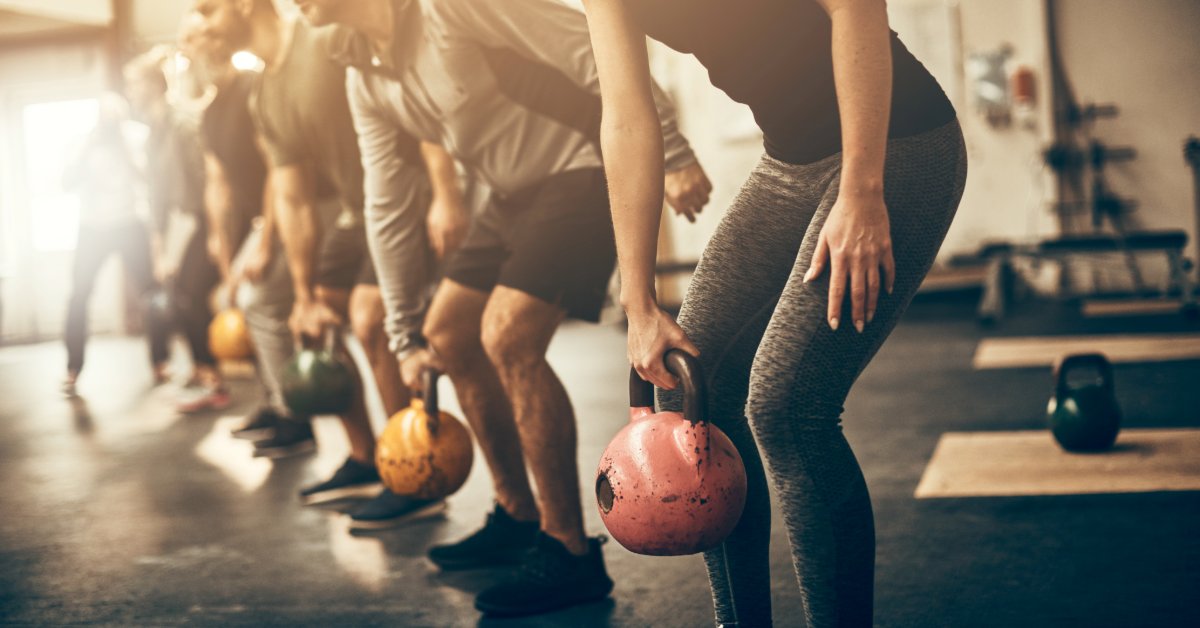
How to Be a Good Group Fitness Instructor?
Leading a group fitness class isn't just about knowing the exercises — it's about creating an experience that people can't wait to come back to. In this article, we'll show you exactly what sets good Group Fitness Instructors apart.

10 Top Qualities of a Good Personal Trainer
Learning how to become a personal trainer is one thing, but how do we cultivate the skills needed to become successful and stay there?
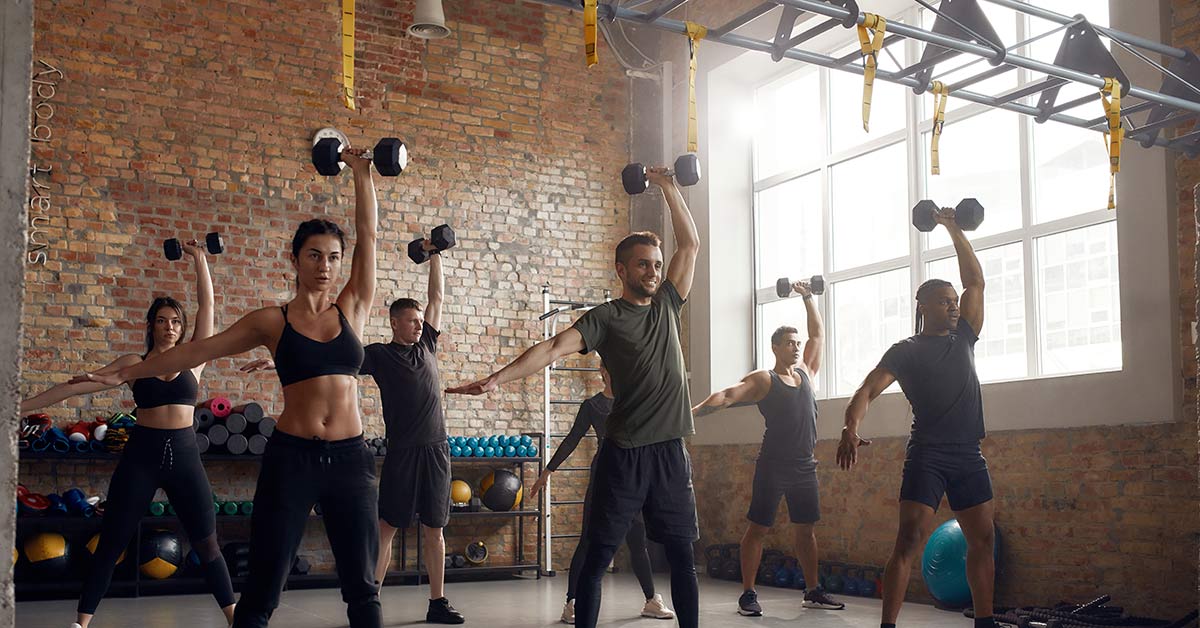
How much does a Group Fitness Instructor make?
Wondering how much a Group Fitness Instructor earns in Australia? Discover average hourly rates by state and learn 6 ways to boost your earnings, from expanding your skills to offering online classes.
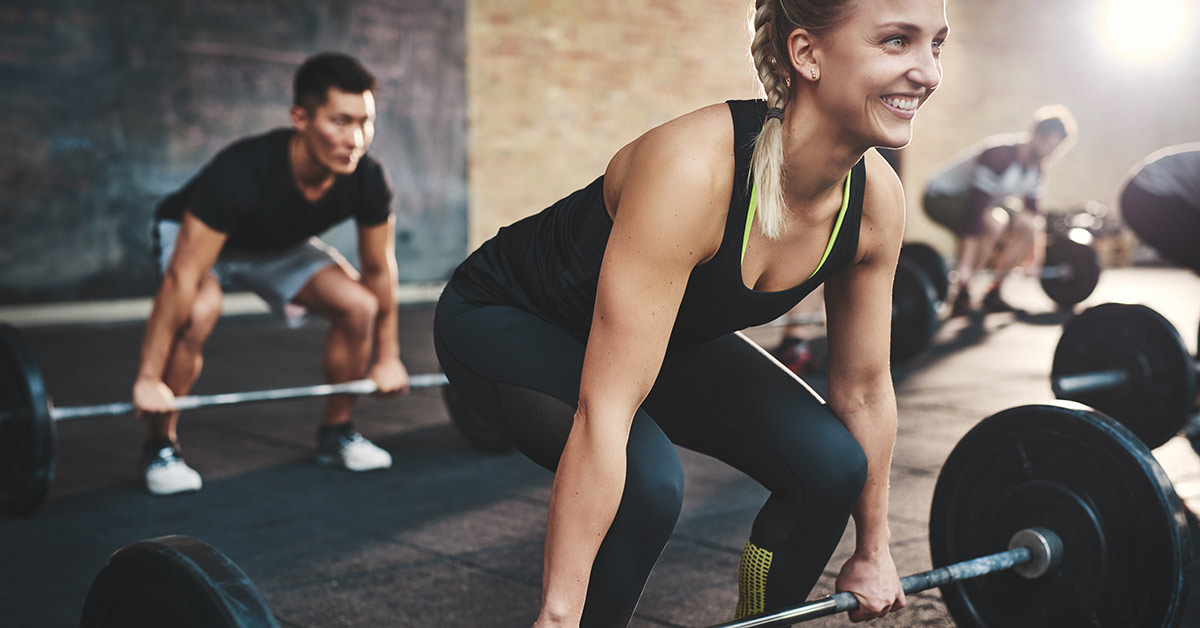
How to Plan a Group Fitness Class?
Learn how to plan and lead group fitness classes that get results. Find group exercise class ideas that will keep people coming back for more.
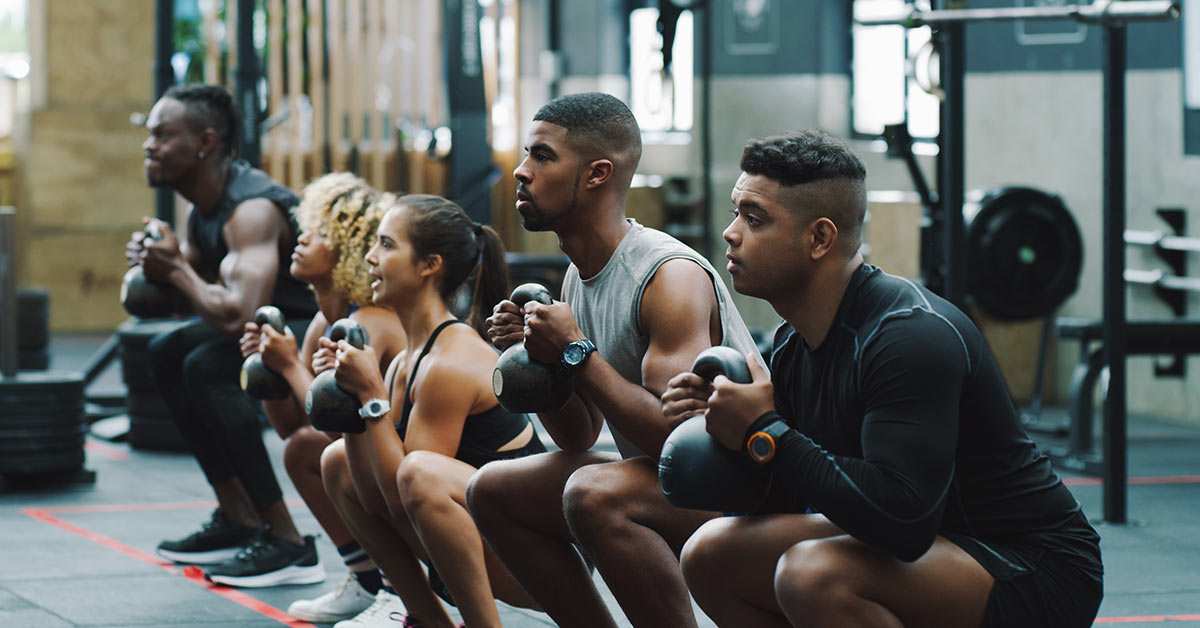
What Does a Group Fitness Instructor Do?
Thinking about becoming a Group Fitness Instructor? From class planning to building community, this guide has all the tips you need to succeed.
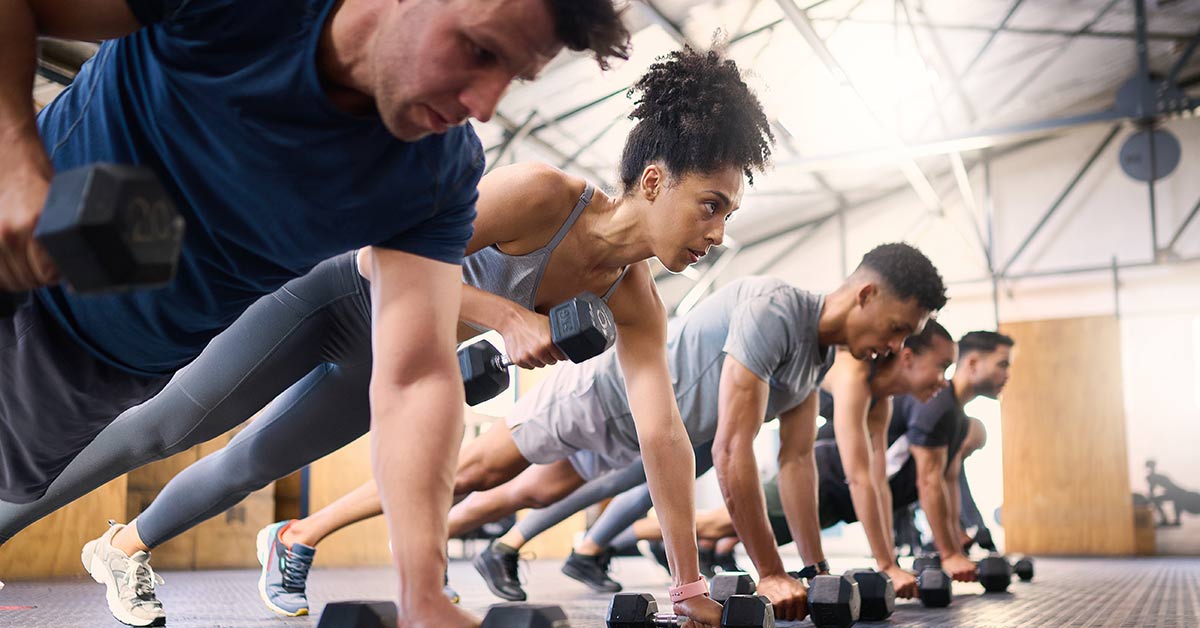
How to Become a Group Fitness Instructor?
Learn how to become a Group Fitness Instructor, inspire others and lead energetic classes. Get the qualifications, skills and tips you need to start your fitness career today!
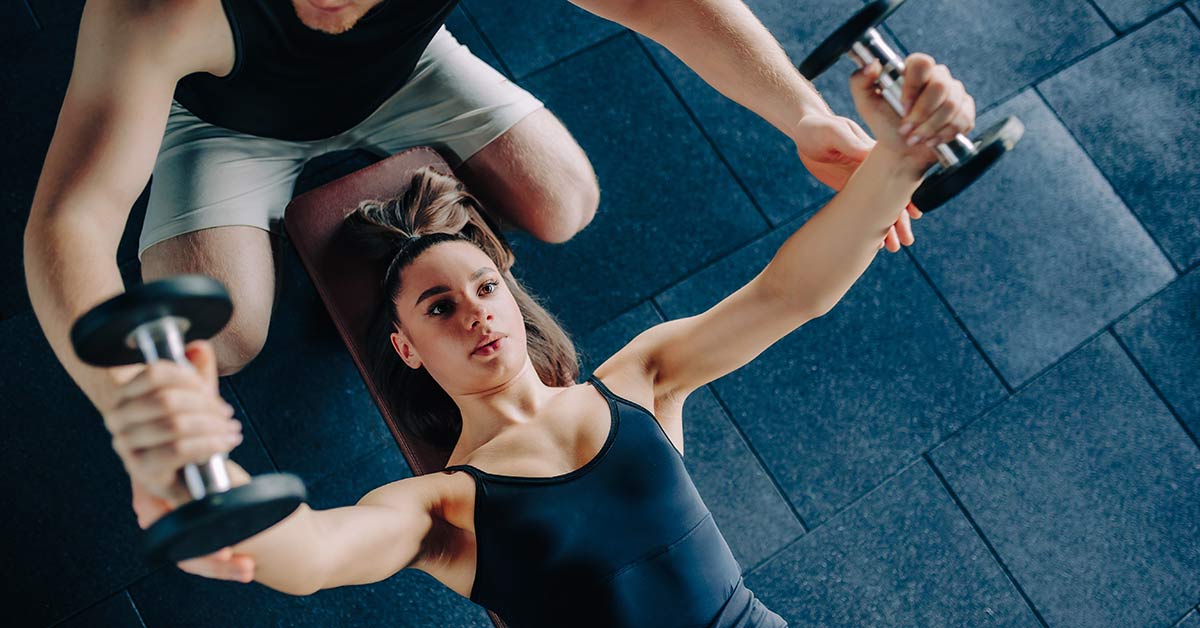
What Does a Personal Trainer Do?
Want to be a Personal Trainer? You need to know what the job's really like. Understanding the day-to-day reality helps you decide if it's the right path for you.
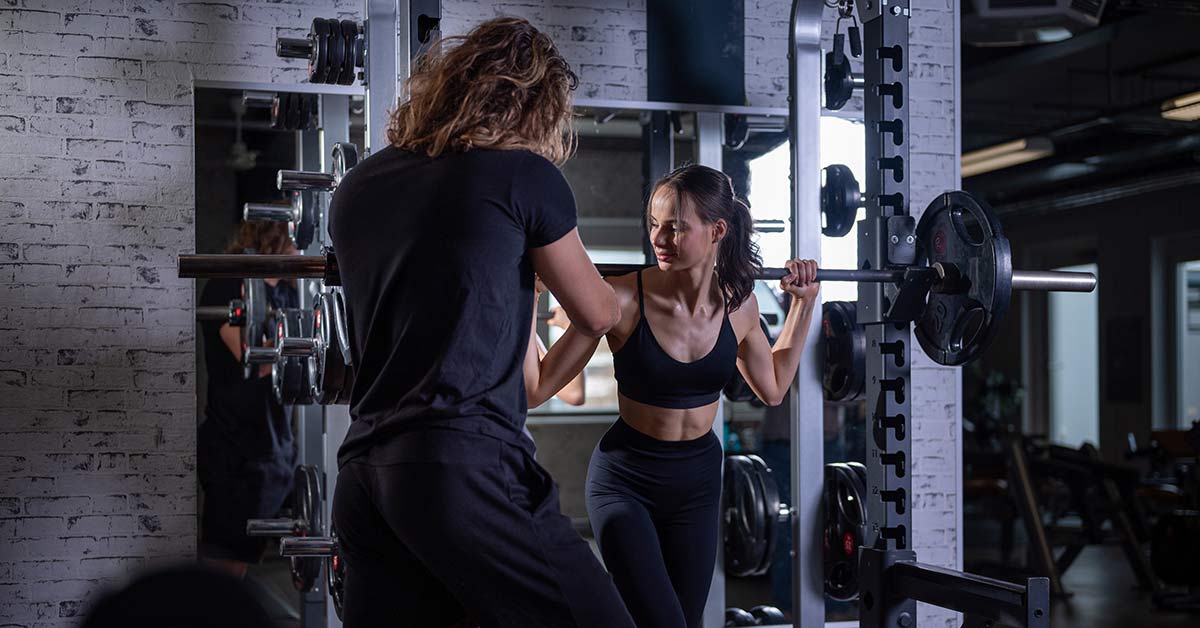
How to Retain Clients as a Personal Trainer
Learn how to retain clients as a personal trainer with practical tips to keep your clients motivated, engaged and achieving their fitness goals.

How to Start an Online Personal Training Business?
Discover how to start your online personal training business with our expert guide. Learn to navigate certifications, equipment, marketing and client management with ease.
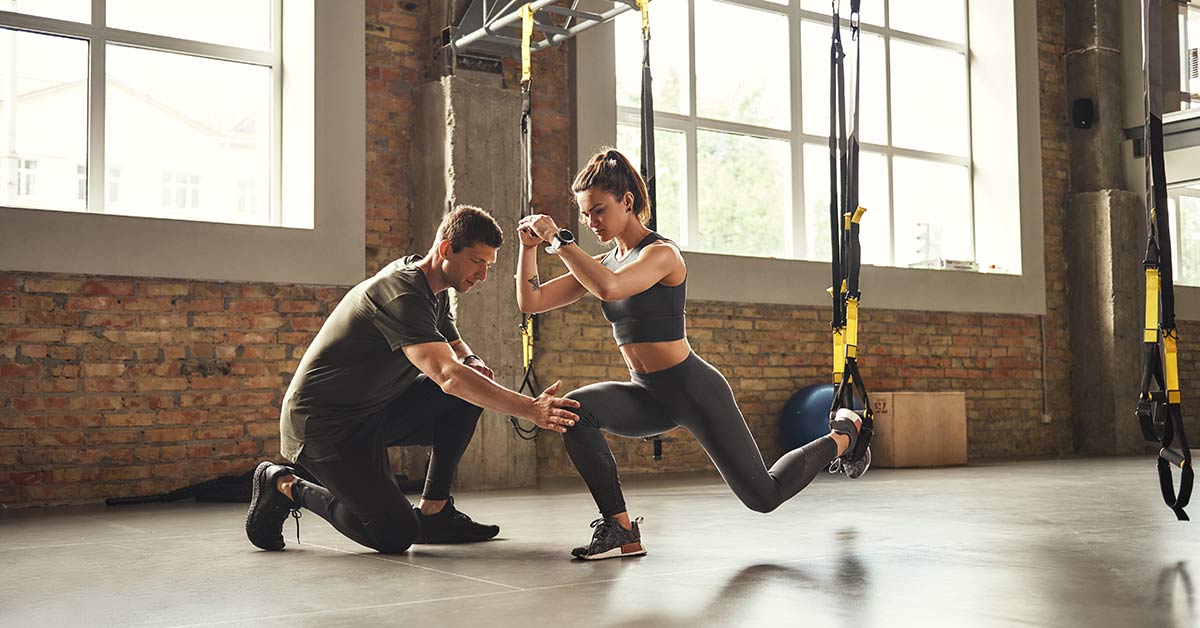
How To Become a Personal Trainer
To become a Personal Trainer, you need the knowledge and skills to be able to change a client’s mindset, train them with the right techniques and change their lives for the better. Find out how to become a Personal Trainer.
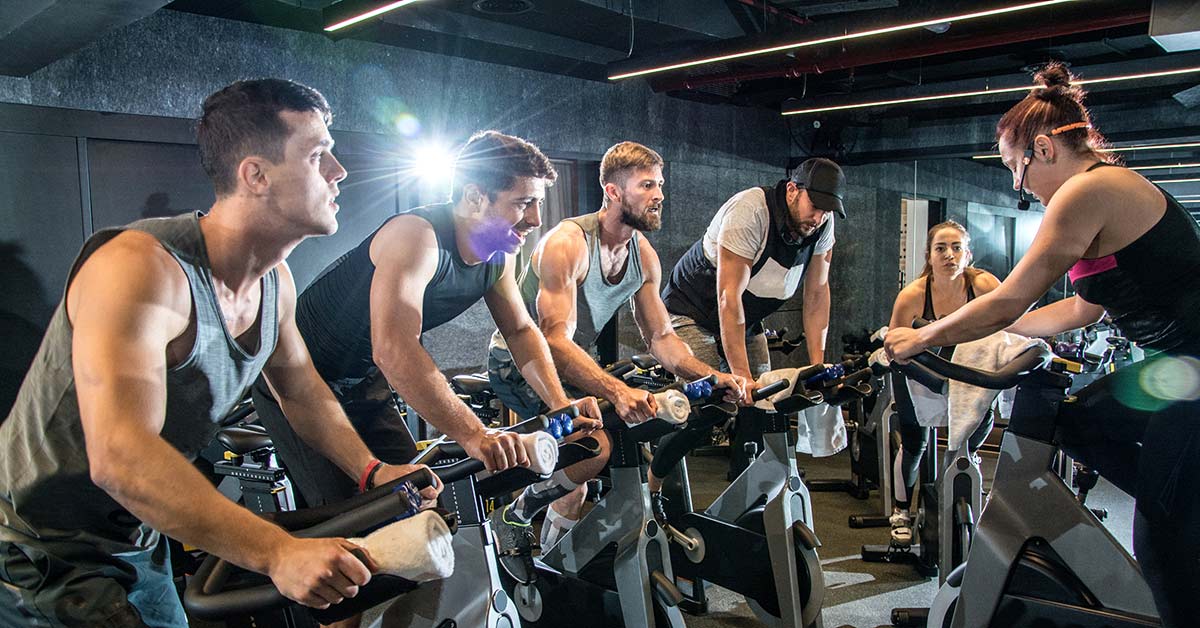
What is group fitness?
Let's explore the different types of classes, what to expect and how you can get qualified to run group exercise classes.
Industry Supplier
Proud member of

© Australian Institute of Personal Trainers | RTO Number 32363
